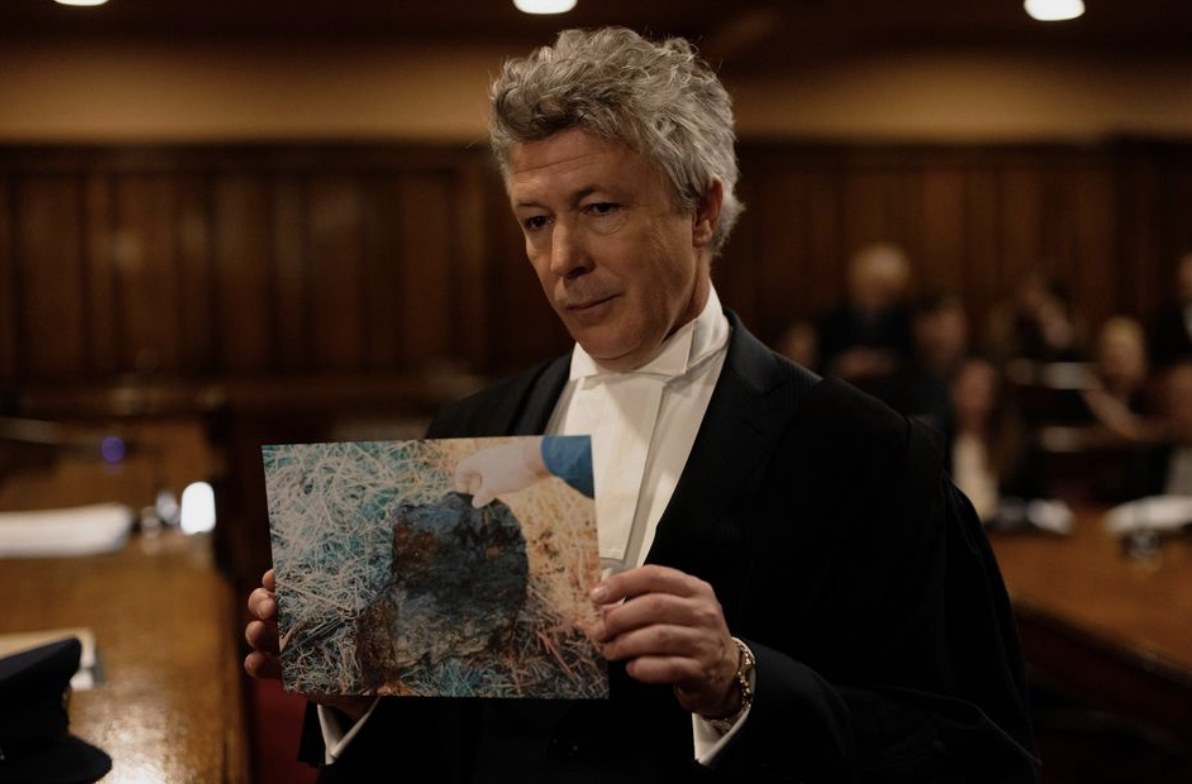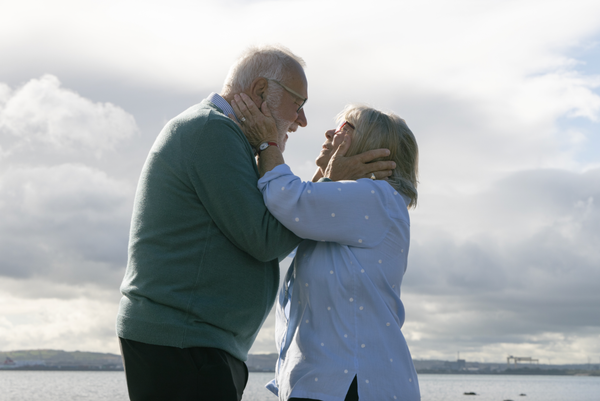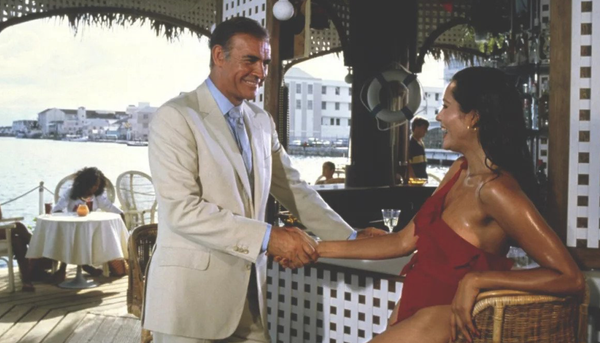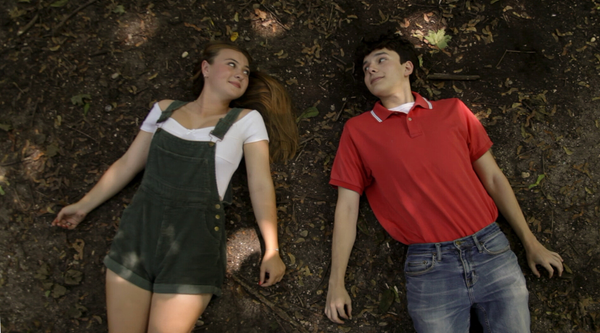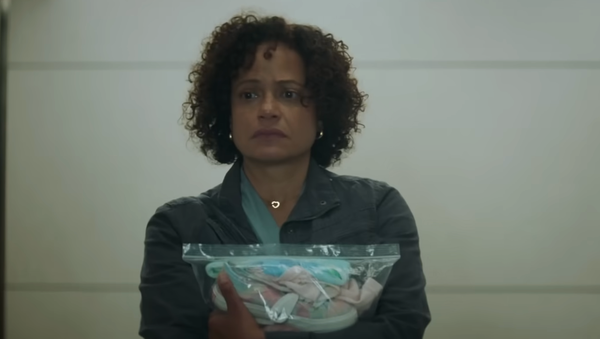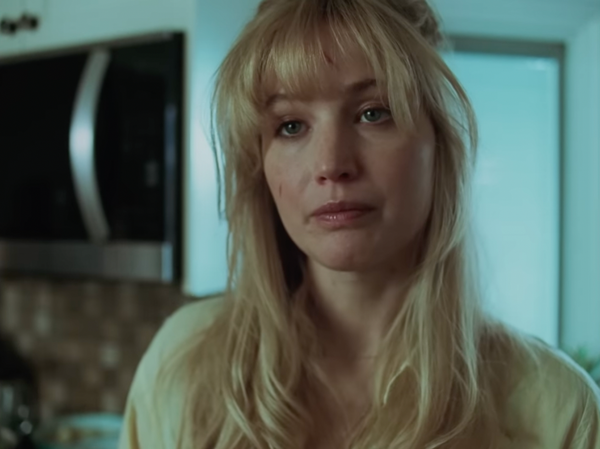Will Penn gives his verdict for courtroom drama Re-Creation.
It is strange to think that three decades have passed since French filmmaker Sophie Toscan du Plantier was brutally murdered outside her West Cork holiday home on 23rd December 1996. The way that it lingers in the national consciousness feels as though it might have been just yesterday. This has been the subject of multiple films, and the acclaimed podcast West Cork by Sam Bungey and Jennifer Forde. In such well-covered ground, audiences might come into this film asking, why this? Why now?
Above all, Re-Creation, helmed by Oscar-winning director Jim Sheridan and co-director David Merriman, is unique. Across 89 minutes, the film abandons traditional documentary approaches, instead placing audiences in a fictional jury room where twelve characters deliberate over real case files, police reports, and forensic evidence. Inspired by 12 Angry Men but anchored in authentic investigative materials, the film positions viewers as a “13th juror” while the directors make their case that Bailey was wrongly accused, and the real killer remains free.
The film does require some pre-existing knowledge of the case. It fixates on English journalist Ian Bailey, who lived under a cloud of suspicion until his death in early 2024, despite never being tried in Ireland and maintaining his innocence throughout. While a French court convicted Bailey in absentia in 2019, Irish courts refused extradition, leaving fundamental questions about justice unresolved. If the audience doesn’t know the details of the case, they might be left scratching their heads by the time the credits roll.
Because one thing that this film is not, and does very well to avoid, is becoming bogged down in forensic minutiae. Debates over the intricacies of the evidence are abandoned for a more powerful exploration of how personal experience shapes our interpretation of truth. As Sheridan revealed at Tribeca, his own connection to the story of wrongful accusation runs deep, tracing back to his grandmother, who he believes was “the first wrongly accused of my life,” blamed by his mother for her own death in childbirth. Vicky Krieps steers a combustible cast who slowly reveal that the human mind is more erratic than we might believe at first glance.
This emotional authenticity permeates Re-Creation. Rather than presenting another forensic deep dive into blood spatter patterns and timeline discrepancies, the film excavates the psychological terrain where guilt and innocence are determined—not in laboratories, but in the hearts and minds of ordinary people tasked with extraordinary decisions. The directors wrote the script using real conversations they've had, drawing on the personal backstories of their cast members. Their approach prioritises emotional honesty over procedural accuracy, recognising that in a case where forensic evidence has proven inconclusive for nearly three decades, the real battleground lies in the realm of bias, assumption, and the stories we tell ourselves about guilt and innocence.
It will be interesting to see how the film ages. While Bailey passed away in 2024, the case was reopened as Gardaí conduct new DNA testing in 2025 that could finally identify the killer. What is sure is that the facts are never sure. But where the film itself will endure will no doubt be in its evaluation of the human mind and the baggage we bring to vindication. To quote the great Sidney Lumet, “all good work requires self-revelation.”
Re-Creation is in cinemas on 3rd October 2025.

